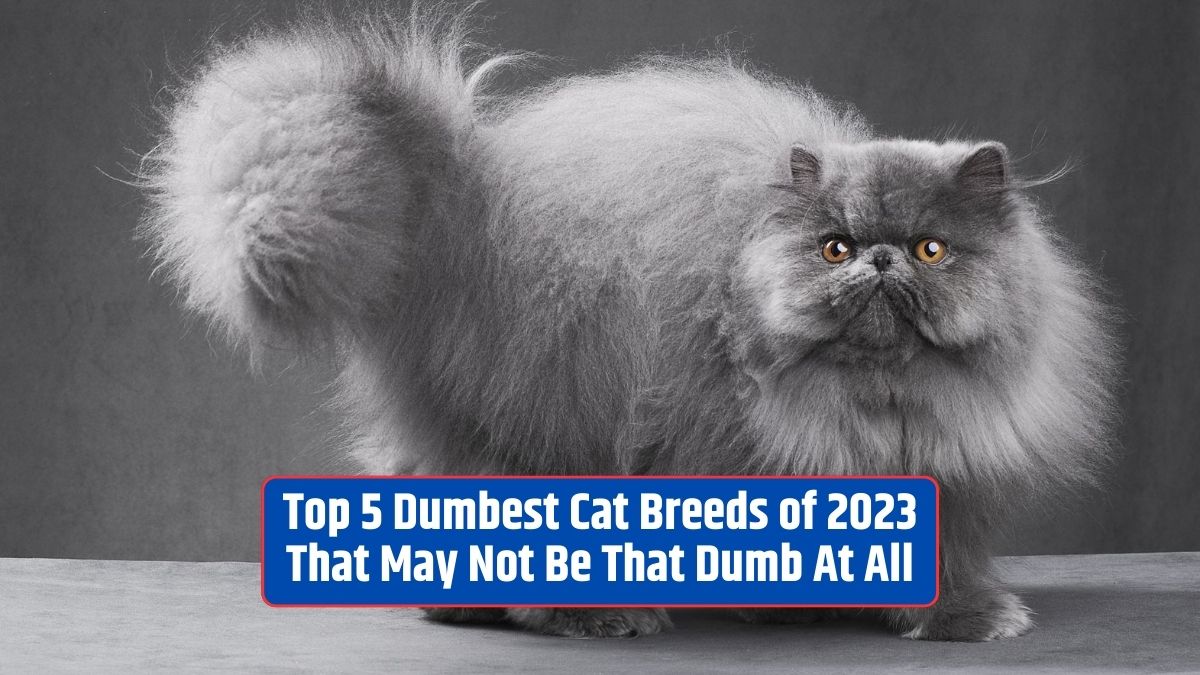Cats are beloved companions known for their playful and independent nature, but they can also experience emotional struggles. Cat depression is a real concern, and as responsible pet owners, it’s essential to recognize the signs and provide support to help our feline friends regain their well-being.
In this article, we’ll explore what cat depression is, the common signs to look for, potential causes, and strategies to recognize and address this condition.
Cat Depression
Cat depression is a complex emotional state that can affect felines of all ages and breeds. It often results from environmental, physical, or social factors that lead to a sense of sadness or emotional distress. Understanding the signs of cat depression is vital to providing the right support.
Signs
Identifying the signs of depression in cats can be challenging as they differ from one cat to another. However, some common signs to look for include:
- Changes in Appetite: A depressed cat may lose interest in food or, conversely, overeat.
- Weight Loss or Gain: Significant weight changes can indicate emotional distress.
- Reduced Activity: A once-playful cat may become lethargic, losing interest in toys and games.
- Hiding or Isolation: Depressed cats often seek solitude, hiding in quiet corners or under furniture.
- Vocalization Changes: Some cats may become excessively vocal, while others become unusually quiet.
- Avoidance of Interaction: Cats with depression may avoid human or other pet interactions.
- Litter Box Problems: Inappropriate urination or defecation can be a sign of emotional distress.
Potential Causes
Understanding the potential causes of cat depression is essential to address the issue effectively. Common triggers include:
- Loss of a Companion: The death or departure of another pet, be it a fellow cat or a human, can lead to depression.
- Changes in the Environment: Moving to a new home, significant renovations, or rearrangement of furniture can disrupt a cat’s sense of security.
- Health Issues: Chronic pain or illness can contribute to emotional distress.
- Lack of Stimulation: Cats need mental and physical stimulation. Boredom and lack of activity can lead to depression.
- Neglect or Abuse: Mistreatment or neglect can result in emotional trauma.
Recognizing
If you suspect that your cat is depressed, here are some strategies to recognize and address the condition:
- Consult a Veterinarian: Before assuming your cat is depressed, consult your vet to rule out any underlying health issues.
- Create a Cat-Friendly Environment: Ensure your cat’s living space is comfortable and stimulating, with plenty of toys and cozy spots.
- Spend Quality Time: Engage in play and interaction with your cat to strengthen the bond and provide mental stimulation.
- Maintain Routine: Cats thrive on consistency, so try to maintain a regular schedule for feeding, playtime, and other activities.
- Offer Comfort: Provide a comfortable and safe space where your cat can retreat when they need it.
- Consider Medication: In severe cases, medication or behavioral therapy may be necessary.
Conclusion
Recognizing the signs of cat depression and addressing the underlying causes are essential for the well-being of your feline friend.
By consulting a veterinarian, creating a cat-friendly environment, spending quality time together, maintaining a routine, and offering comfort, you can help your cat overcome depression and lead a happier, more fulfilling life.
FAQs
Is cat depression a common condition?
Cat depression can occur, but it varies in frequency among cats. Some may be more prone to it due to their personality or past experiences.
Can a new pet help alleviate cat depression?
Introducing a new pet should be done with care and under the guidance of a veterinarian or animal behaviorist. It may or may not help with depression, depending on the cat’s temperament.
What is the role of a veterinarian in addressing cat depression?
A veterinarian can rule out underlying health issues, recommend appropriate treatments, and offer guidance on managing depression.
How long does it take for a cat to recover from depression?
Recovery time varies depending on the cause and severity of the depression. With proper care and attention, some cats may improve within a few weeks, while others may take longer.
Are there specific breeds more prone to cat depression?
There is no clear evidence that specific breeds are more prone to depression. It can affect cats of all breeds and backgrounds.









